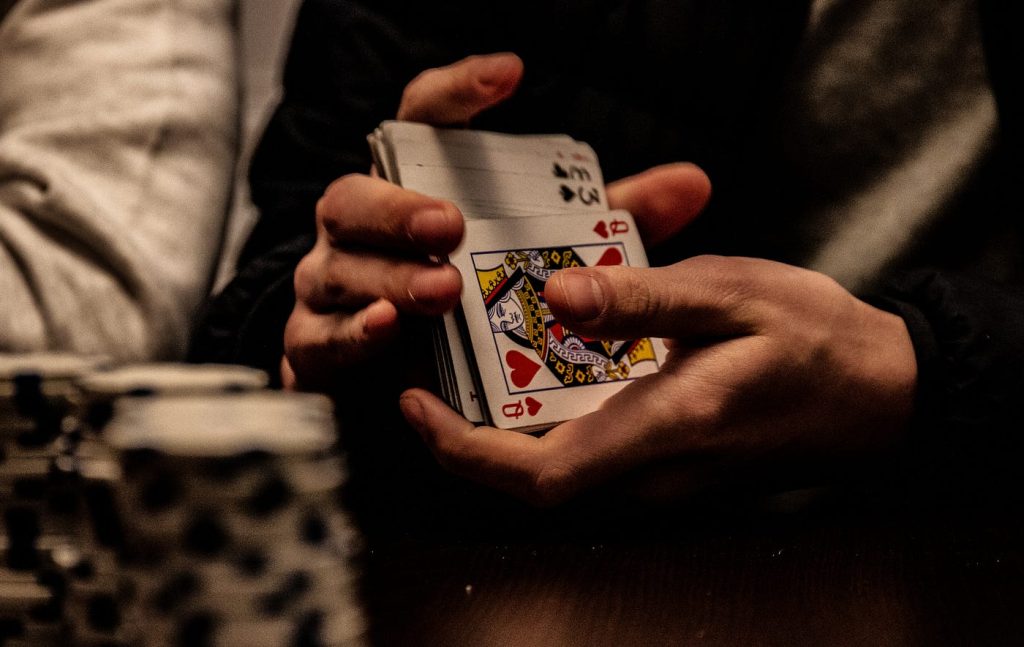How can we Observe Opponents in Poker? By watching other players closely, you can gain information about their betting patterns and their general mood. By observing your opponents’ behavior, you can detect whether they are aggressive or timid. You can also tell if they are raising instantly or acting cautiously. Remember, you should never base your decisions on one piece of information alone. It is better to have a mix of evidences than to rely on one or two.
In order to be able to understand how our opponents play, we should observe their actions and cross-reference this information with our own hand. By observing and interpreting what your opponents do, you will be able to make better decisions and win more pots, while losing less chips. Once we have observed our opponents, we can then develop strategies to exploit these reads. Once we have observed our opponents’ behavior, we will know what to do next.
Observing our opponents’ behavior will allow us to understand what their emotional triggers are. In addition to observing their actions, we should also notice their body language. If you see them talking or gesturing aggressively, they might be bluffing. If they are sitting still, they might be holding a strong hand. On the other hand, if they are not, they may be playing with a weak hand.
Many people are too focused on their own game to notice the actions of their opponents. By observing them attentively, we can determine if they are focusing on the poker table and not on the cards that they are holding. However, if they are not paying attention, they are missing valuable information that they might otherwise be missing. This requires patience and practice. If you can master the art of observation, you’ll have a competitive advantage over others.
Accidentally seeing your opponent’s hand is not a crime, as long as it doesn’t seem malicious or intentional. However, the player’s reaction will depend on how they view the situation and their sense of respect. In poker, two unwritten rules come into play. While it is acceptable to glance at another player’s phone or chip, it is not advisable to tell the other person’s hand.
Observing your opponents’ behavior is crucial for your winnings. This is why you must observe opponents carefully and act accordingly. Observe their facial expressions, their posture, and their behavior. It is crucial to be aware of these things so that you can take advantage of them when the game is on. Remember that there is no such thing as the perfect poker game. Just like in any other game, learning how to observe opponents can help you win big.





